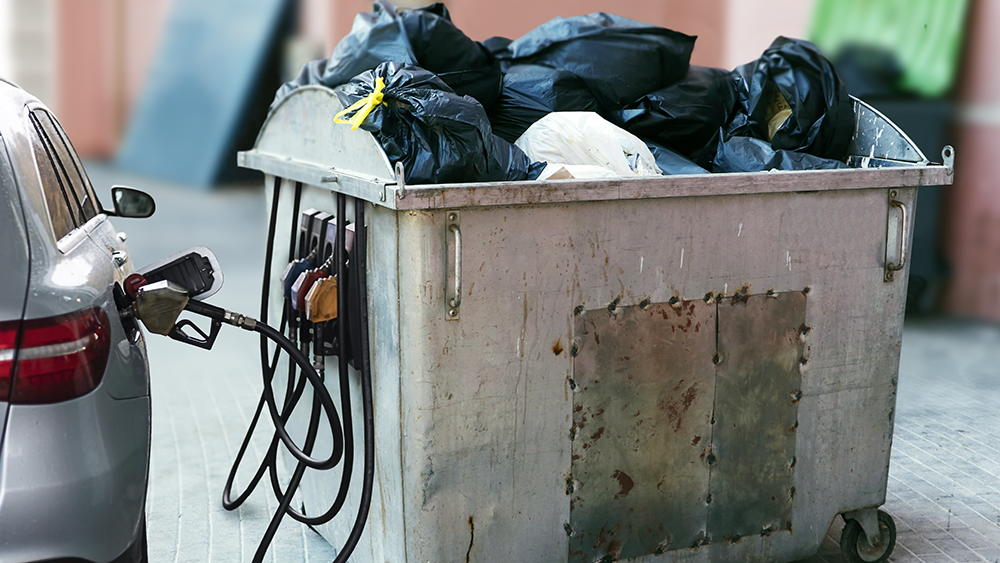
In the last 200 years, society has undergone major energy transitions associated with introducing new energy sources, such as coal, oil and natural gas. To address climate change, the world must experience another energy transition where fuels and chemicals are sourced from sustainable feedstocks.
The only practical, sustainable feedstock is biomass — anything that is biodegradable. Although there are fuels and chemicals currently made from biomass, such as corn, sugar and vegetable oil, these feedstocks are not sufficiently abundant to be scalable. Process innovations are required to access more plentiful biomass feedstocks to achieve feasible, long-term solutions.
Dr. Mark Holtzapple, professor in the Artie McFerrin Department of Chemical Engineering at Texas A&M University, has spent over three decades creating a method to convert biomass into essential fuels and chemicals, such as jet fuel and acetic acid.
“Rather than disposing of biomass waste in a landfill, we can use this renewable resource as a raw material,” said Holtzapple. “This can significantly impact society by providing a valuable way to utilize wastes, which helps the environment, addresses global warming, enhances human health and alleviates the need for fossil fuels.”
Holtzapple refers to his method as the MixAlco process. In his process, biomass — waste paper, municipal solid waste, sewage sludge, animal manure, food scraps or purpose-grown energy crops — is added to a plastic or concrete tank. The biomass is inoculated with soil, which naturally contains microorganisms that decompose the biomass into organic acids ranging from two-carbon acetic acid (commonly known as vinegar) to eight-carbon octanoic acid (commonly known as caprylic acid).
According to Holtzapple, the key to the MixAlco process is to add an inhibitor in the tank to prevent methane production, which would normally occur in conventional biomass digesters. As the biomass sits in the tank, organic acids accumulate that can be recovered.
Because the chemistry of converting organic acids into fuels and chemicals has been studied extensively over the past few decades, there are existing methods for chemical conversion. Using these well-known processes, the recovered acids from the MixAlco process can be easily converted into gasoline, jet fuel or industrial chemicals.
In total, this conversion takes about a month, but because the tanks are inexpensive, the process is economical.
“This process can transform biomass into almost any fuel or chemical currently made from oil and natural gas,” said Holtzapple. “These findings allow us to convert biomass wastes to useful products that benefit the environment and society.”
In addition to providing an energy alternative, this natural process has other advantages. If food waste is converted to chemicals, the resulting chemicals are safe for human consumption. Additionally, the products are carbon-neutral, meaning they will not release net carbon into the atmosphere.
Recently, the bio-based ingredients company BioVeritas began commercializing Holtzapple’s process. By 2025, the process will be operational, with the goal of producing 20,000 tons of product per year.
“Texas has a lot of land, and it can grow significant amounts of biomass,” said Holtzapple. “To be more sustainable, Texas needs to transition our economy by transforming biomass into fuels and chemicals.”